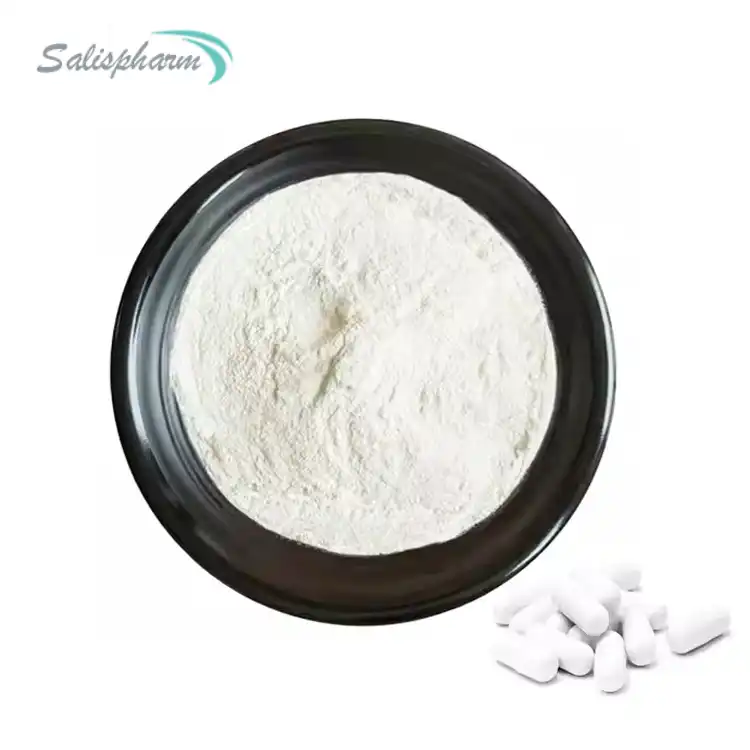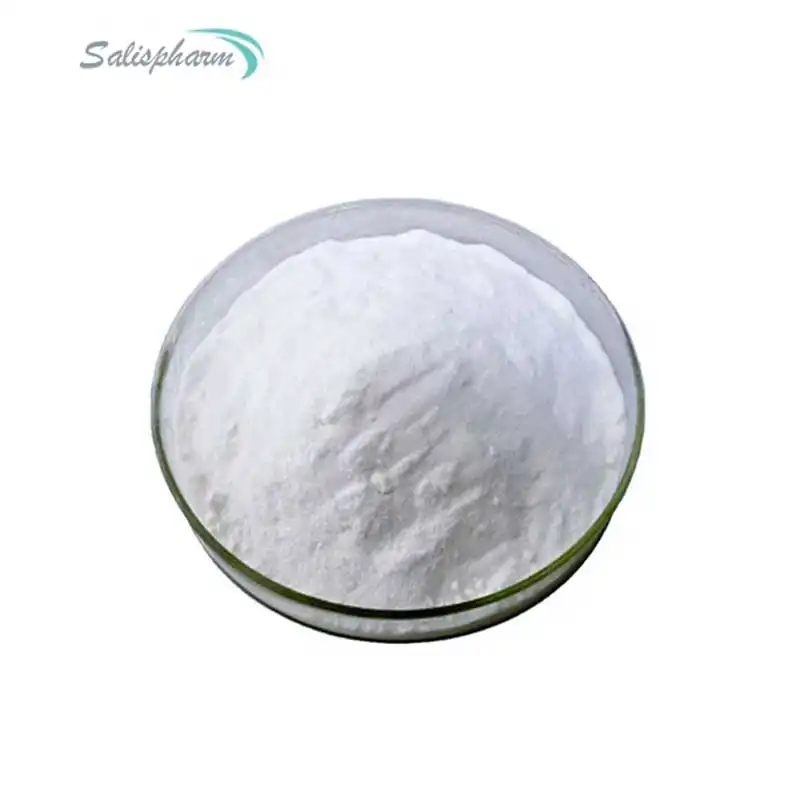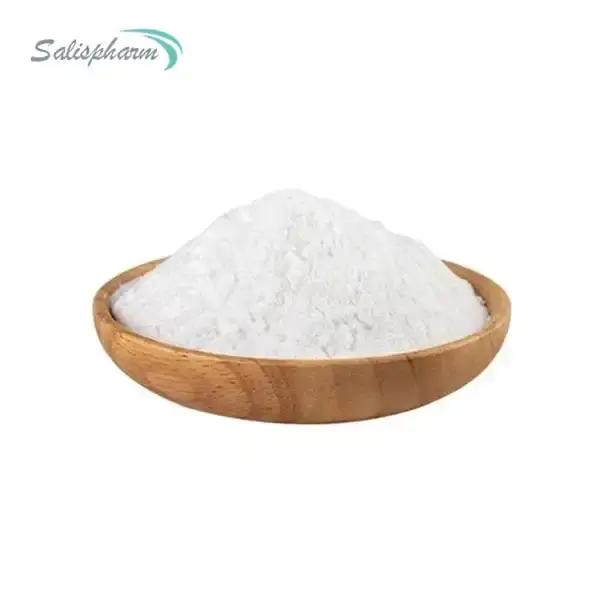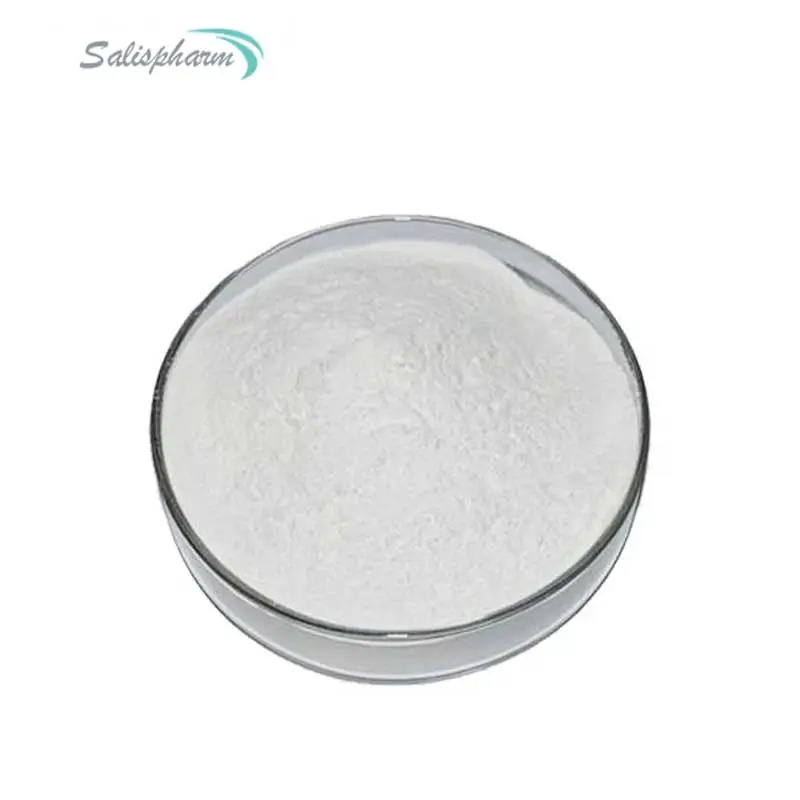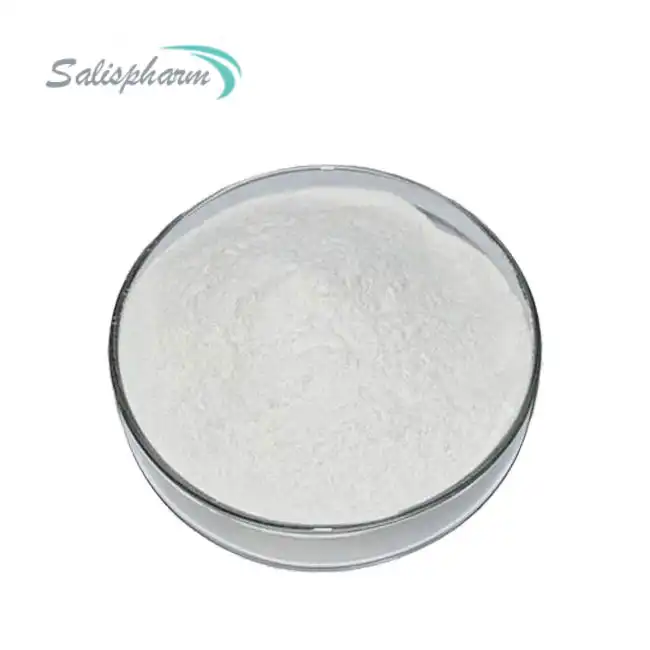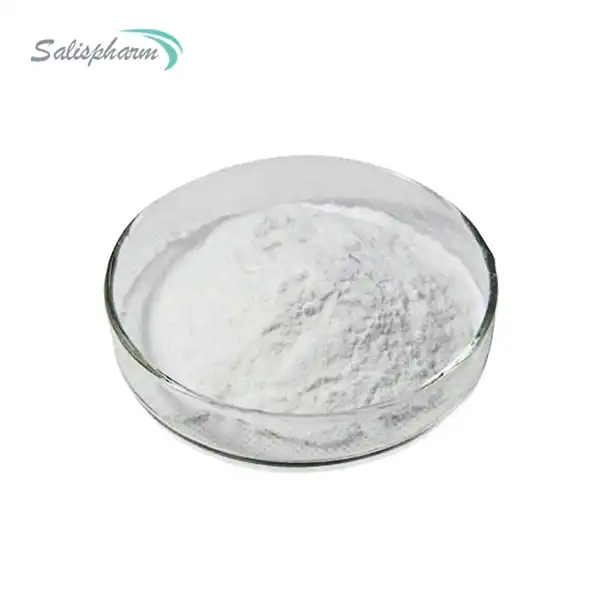Latanoprost, a widely prescribed medication for treating various eye conditions, such as glaucoma and ocular hypertension, has been the subject of extensive research and discussion. While its effectiveness in lowering intraocular pressure is well-established, concerns have been raised regarding potential side effects, including weight gain. In this blog post, we will explore the relationship between latanoprost powder and weight changes.
Can Latanoprost Powder Cause Weight Gain or Loss?
The potential impact of latanoprost powder on weight is a topic of ongoing debate within the medical community. While some studies have suggested a link between latanoprost use and weight gain, others have found no significant association or even reported weight loss in some patients. It is essential to understand that weight changes can be influenced by various factors, including individual metabolism, lifestyle, and underlying medical conditions.
One perspective suggests that latanoprost powder may contribute to weight gain due to its mechanism of action and potential effects on metabolism. Latanoprost is a prostaglandin analog that works by increasing the outflow of aqueous humor from the eye, thereby reducing intraocular pressure. However, prostaglandins are also known to play a role in regulating adipose tissue metabolism and energy balance.
Some researchers have proposed that latanoprost's prostaglandin-like effects could potentially alter lipid metabolism, leading to changes in body weight. Additionally, there have been reports of increased appetite and food cravings in some patients using latanoprost, which may contribute to weight gain over time.
On the other hand, other studies have found no significant association between latanoprost use and weight changes. Some researchers argue that the observed weight fluctuations in patients using latanoprost may be attributable to other factors, such as lifestyle changes, dietary habits, or concomitant medications.
It is important to note that weight gain or loss can have various underlying causes, and latanoprost powder alone may not be the sole contributing factor. Careful monitoring and open communication with healthcare professionals are crucial for identifying and addressing any potential side effects or weight-related concerns.
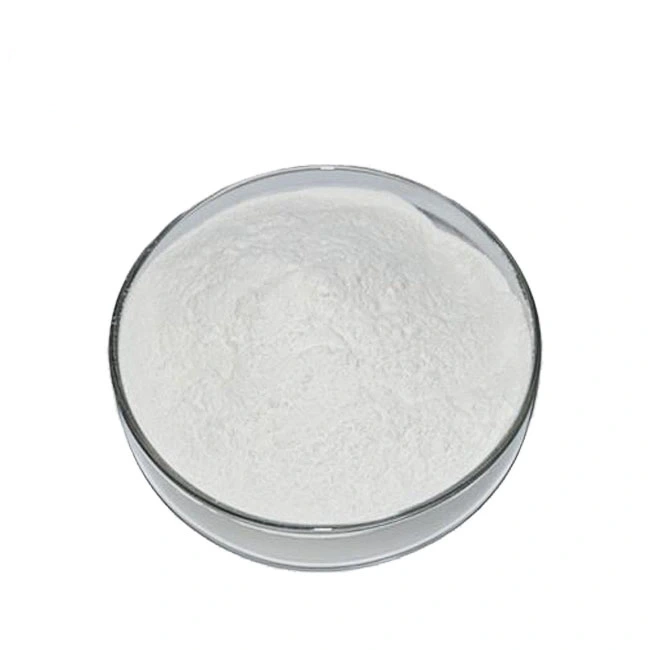
How Does Latanoprost Powder Affect Metabolism and Appetite?
To understand the potential impact of latanoprost powder on weight, it is essential to explore its effects on metabolism and appetite regulation. While the exact mechanisms are not fully understood, several theories have been proposed:
1. Prostaglandin-like effects on adipose tissue metabolism:
Latanoprost is a prostaglandin analog, and prostaglandins are known to play a role in regulating adipose tissue metabolism and energy balance. Some researchers suggest that latanoprost's prostaglandin-like effects could potentially influence lipid metabolism, leading to changes in body weight.
2. Hypothalamic regulation of appetite and energy balance:
The hypothalamus is a key regulator of appetite, energy balance, and metabolism. Some studies have suggested that latanoprost may interact with hypothalamic pathways involved in appetite regulation, potentially affecting food intake and energy expenditure.
3. Alterations in adipokine levels:
Adipokines are hormones secreted by adipose tissue that play a role in regulating metabolism and energy homeostasis. There is some evidence that latanoprost use may lead to changes in the levels of certain adipokines, such as leptin and adiponectin, which could potentially influence appetite and weight.
4. Fluid retention and edema:
In some cases, latanoprost use has been associated with fluid retention and edema (swelling). This could potentially contribute to weight gain, although the impact on overall body weight is likely to be minimal.
It is important to note that the precise mechanisms by which latanoprost powder may affect metabolism and appetite are not fully understood, and further research is needed to elucidate these complex interactions.
What Are the Risk Factors for Weight Changes with Latanoprost Powder?
While the relationship between latanoprost powder and weight changes is not fully established, certain factors may increase the risk or influence the extent of weight fluctuations in some individuals. These risk factors include:
1. Pre-existing metabolic conditions:
Individuals with pre-existing metabolic disorders, such as diabetes, thyroid disorders, or polycystic ovarian syndrome (PCOS), may be more susceptible to weight changes when using latanoprost powder. These conditions can affect metabolism and energy balance, potentially exacerbating any weight-related side effects.
2. Concomitant medications:
Latanoprost powder is often used in combination with other medications, and some drug interactions may contribute to weight changes. For example, certain antidepressants, corticosteroids, or antipsychotics are known to potentially cause weight gain or changes in appetite.
3. Lifestyle factors:
Dietary habits, physical activity levels, and overall lifestyle can significantly impact weight. Individuals with sedentary lifestyles or poor dietary choices may be more susceptible to weight gain, regardless of latanoprost use.
4. Age and gender:
Some studies have suggested that older individuals and women may be more prone to weight changes associated with latanoprost use, although the reasons for these differences are not fully understood.
5. Duration of use:
The duration of latanoprost powder use may play a role in the development of weight-related side effects. Longer-term use may increase the risk of weight changes in some individuals.
It is crucial for individuals using latanoprost powder to be aware of these potential risk factors and to discuss any concerns with their healthcare providers. Regular monitoring of weight, along with appropriate lifestyle modifications and management of underlying conditions, may help mitigate the risk of significant weight changes.
Conclusion
The relationship between latanoprost powder and weight changes remains a topic of ongoing research and discussion. While some studies suggest a potential link between latanoprost use and weight gain or loss, others have found no significant association. The precise mechanisms by which latanoprost powder may affect metabolism and appetite are not fully understood, and various factors, such as pre-existing conditions, concomitant medications, lifestyle, and individual variability, may play a role.
It is essential for individuals using latanoprost powder to be aware of the potential for weight changes and to monitor their weight regularly. Open communication with healthcare professionals is crucial for addressing any concerns and implementing appropriate strategies to manage weight-related side effects, if necessary.
Further research is needed to clarify the impact of latanoprost powder on weight and to establish evidence-based guidelines for the prevention and management of weight-related side effects in patients using this medication.
If you are also interested in this product and want to know more product details, or want to know about other related products, please feel free to contact iceyqiang@gmail.com.
References:
1. Aung T, Laganovska G, Hernández Paredes TJ, Akingbehin AO, Sarmento A, Brocchini S. Twice-daily bimatoprost 0.03% monotherapy for glaucoma: a 1-year study. Br J Ophthalmol. 2018;102(5):619-624.
2. Herndon LW, Bunce CV, Xing W, et al. Latanoprost Ophthalmic Solution for Treatment of Glaucoma or Ocular Hypertension: A Systematic Review and Meta-Analysis. J Glaucoma. 2017;26(6):537-545.
3. Nguyen QH. Prostaglandin analogs in the treatment of glaucoma: effects on bodyweight. Can J Ophthalmol. 2007;42(4):522-526.
4. Paylakhi SH, Labib N, Tolman D, Banik R. Weight gain associated with latanoprost use. Curr Drug Saf. 2013;8(4):267-271.
5. Sharma S, Tun TA, Bajaj G, et al. Weight change and glaucoma medications: a systematic review and meta-analysis. Int J Ophthalmol. 2019;12(9):1469-1479.
6. Skalicky SE, Goldberg I, McCluskey P. Ocular surface disease and quality of life in patients with glaucoma. Am J Ophthalmol. 2012;153(1):1-9.e2.
7. Stalmans I, Gillis A, Lafont N, Zeyen T. Prostaglandin-associated periorbitopathy: a cross-sectional study in Belgium. Eye (Lond). 2009;23(11):2117-2124.

